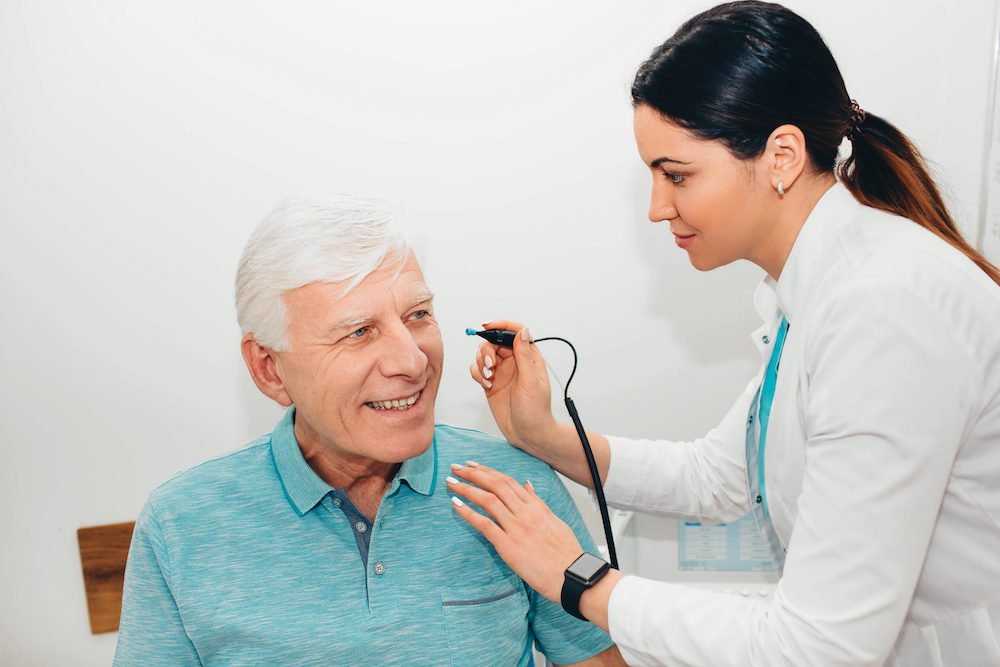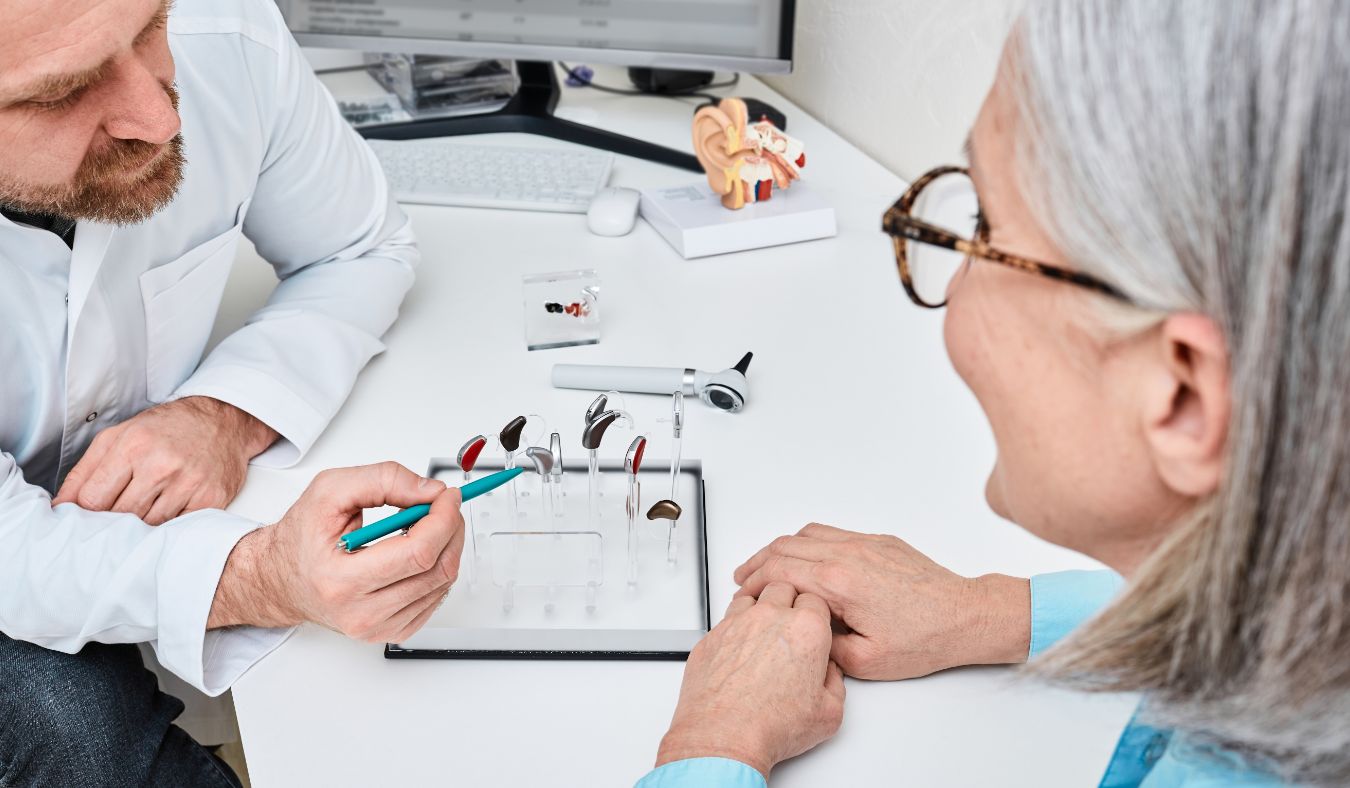The Role of Exercise in Maintaining Hearing Health
Your ears might seem like they operate independently from the rest of your


Your ears might seem like they operate independently from the rest of your

Modern hearing aids are designed with advanced technology that allows them

Mental health and physical health are often interlinked. Physical health